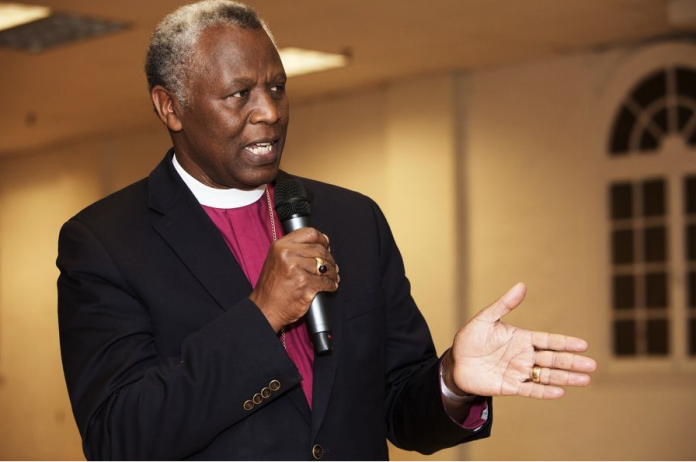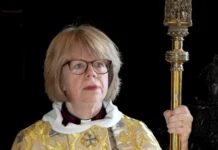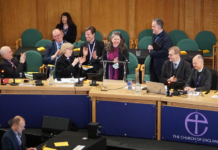Dear Friends,
Greetings from Kigali, Rwanda!
Many of you have heard or read about the ongoing closure of churches in Rwanda, which has raised concerns internationally. The way this issue has been portrayed in some media outlets differs from the reality we see on the ground. Given the numerous inquiries I’ve received, particularly regarding claims that thousands of churches have been closed, I feel it is important to provide some clarification.
Below, I offer insights to help contextualize what is happening:
The Status of Religion in Rwanda
- Over 95% of Rwandans are religious believers, free to join any denomination, non-denominational churches, or mosques of their choice.
- The right to freedom of religion is enshrined in Article 37 of the Rwandan Constitution (2003, amended in 2015) and is respected in practice.
- Between 1962 and 1994, the number of recognized religious denominations was fewer than 50. By 2017, over 1,000 faith-based organizations (FBOs) had been legally registered, up from 350 in 2012.
Relationship with the Government of Rwanda
- Since the establishment of a regulatory framework for FBOs in 2011 and the passage of a law governing FBOs in 2012, the relationship between the government and religious organizations has grown stronger, built on mutual respect.
- Between 2012 and 2017, the number of registered FBOs tripled compared to the 50 years following independence (1962–2012), highlighting the government’s commitment to fostering freedom of worship.
Closure of Places of Worship
- The closures primarily targeted churches and church organizations operating illegally without proper registration. Others were found to have failed to meet basic safety, hygiene, or building standards.
- The inspection and closure process was carried out with the participation of many religious organizations, ensuring transparency and fairness.
- Some churches have since reopened after addressing the necessary requirements, and efforts to bring others into compliance are ongoing.
New Regulations and Requirements for FBOs
- The 2018 law regulating FBOs includes provisions reflecting the growing academic and societal standards in Rwanda. For instance, it requires that parish leaders hold at least a first degree in theology or pursue theological education if they hold another degree.
- Faith-based organizations were consulted throughout the process, and the law includes a five-year grace period to allow churches to meet academic and infrastructural requirements.
The Role of Rwanda Interfaith Council (RIC)
- The Rwanda Interfaith Council (RIC) was established by key religious organizations in the country to ensure unity, self-regulation, and collaboration among faith communities.
- RIC board members are appointed by their member organizations or denominations. The council’s members include:
- The Catholic Church
- The Province of the Anglican Church in Rwanda
- The Protestant Council of Rwanda
- The Evangelical Alliance of Rwanda
- Rwanda Muslim Community
- Fédération des Églises Protestantes Réformées au Rwanda (FEPR)
- RIC supports freedom of worship while advocating for safety, order, and teachings that uphold the dignity and well-being of the Rwandan people.
Clarifications and Call for Support
The recent measures are not an infringement on religious freedom but a step toward ensuring safety, quality, and order in places of worship. They aim to protect worshippers and improve the overall experience.
However, we acknowledge the challenges faced by churches, particularly smaller congregations, in meeting these requirements due to financial constraints or lack of qualified personnel.
We invite your prayers and support for:
- Pastors pursuing theological education to meet the new academic requirements.
- Financial resources for churches upgrading their buildings to comply with safety standards.
- The spiritual resilience of congregations navigating this period of transition.
As Rwandans, we remain committed to freedom of worship, mutual respect, and the flourishing of our faith communities in an orderly and safe environment.
May God continue to bless Rwanda and His Church.
Yours faithfully,
Most Rev. Dr. Laurent Mbanda
Archbishop and Primate of the Anglican Province and Chairman of GAFCON



